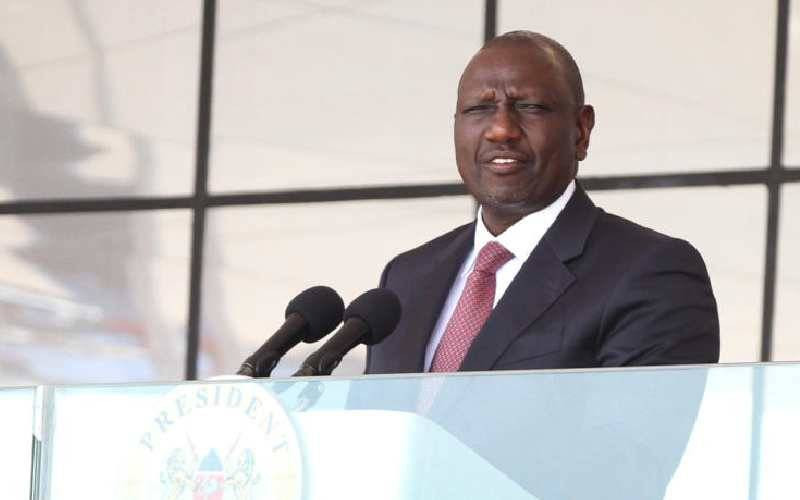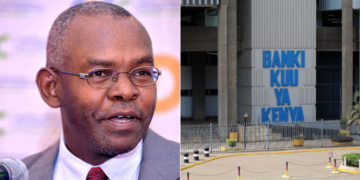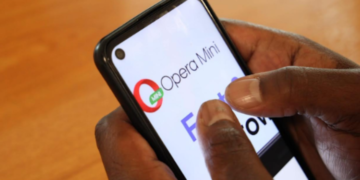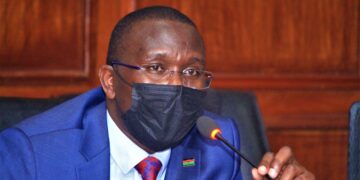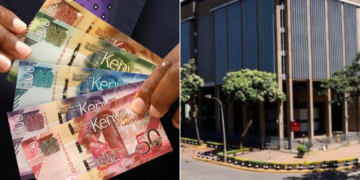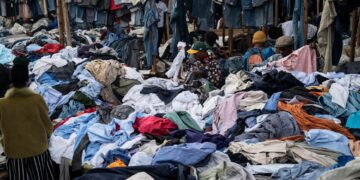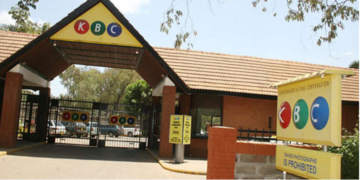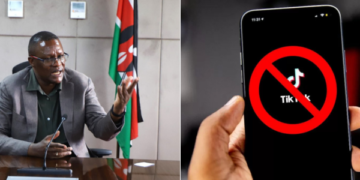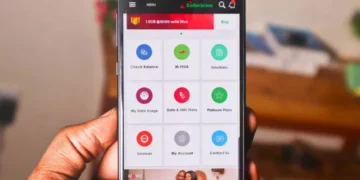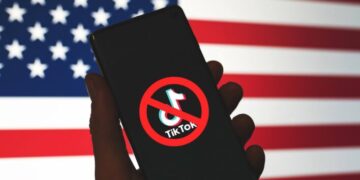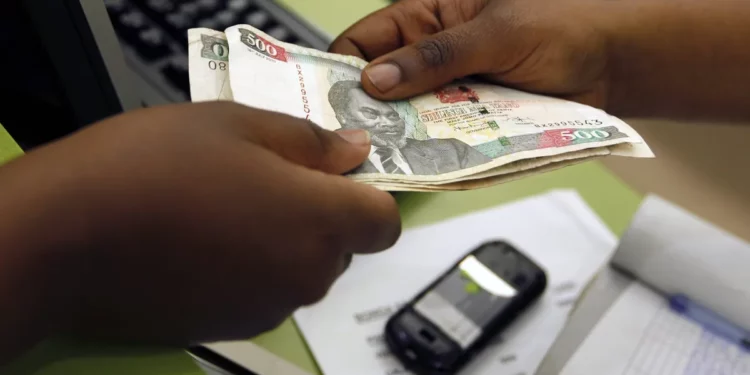Kenyans who borrow less than Ksh1,000 from mobile loan providers are feeling the heat after the Central Bank of Kenya – CBK introduced tougher regulations on lenders.
Accordingly, the regulator directed mobile lenders from listing defaulters whose outstanding loans were less than Kshs. 1,000 with Credit Reference Bureaus (CRBs).
Additionally, the CBK Digital Credit Providers Regulations of 2022 barred the digital credit providers from listing defaulters of loans below Kshs 1,000.
This regulation meant that most lenders had to raise the bar to avoid the risk of mass default among Kenyans.
Also Read: A Third of the 19 million Borrowers on CRBs List Are Defaulters
However, the removal of the loan defaulters owing Kshs 1,000 or less from the CRB affected the digital lenders negatively.
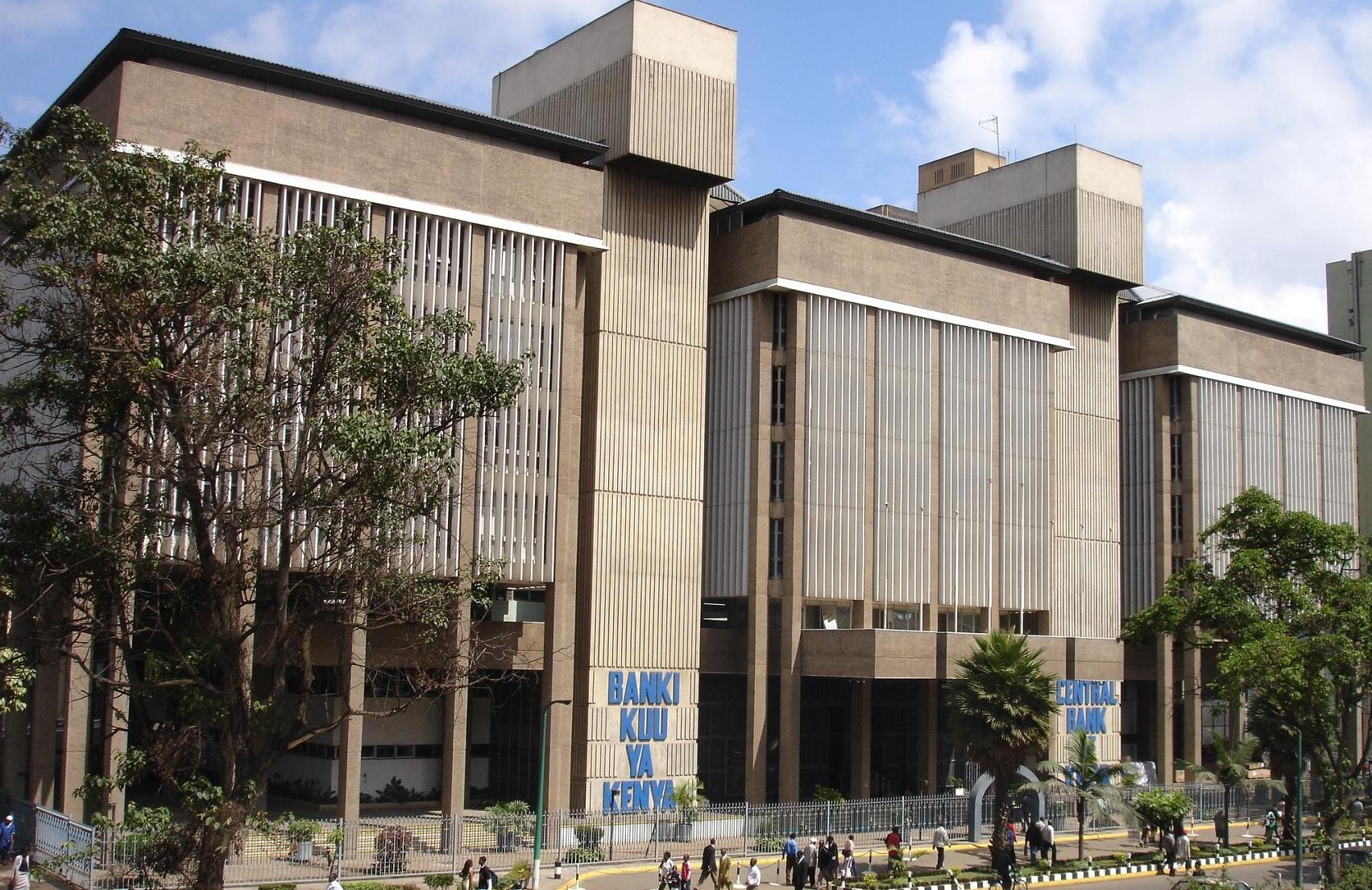
By being barred from listing the loan defaulters on the CRBs, more people had the chance to default on paying their small loans back to digital loaners without any consequences.
“Customers are still similar but what we have done is reduce the probability for default. So those who used to borrow say Sh500 on our platform now can’t,” Kevin Mutiso, the chairperson of the Digital Financial Services Association of Kenya (DFSAK) commented on the matter.
“The law is very clear that amounts below Ksh1,000 cannot be reported so the limit for most of our loans is now closer to Ksh2,000. We are very strict on the type of customers we give loans to nowadays,” Mutiso explained.
Regulations on following up on loans by digital lenders
In the recent past, digital lenders have been on the spot over unorthodox means of recovering loans from Kenyans.
CBK warned digital lenders against using profane language when making unauthorized calls or messages to customers contacts in the name of recovering defaulted loans.
In September, this year, the Data Protection Commissioner Immaculate Kassait noted that it was illegal for digital credit providers to contact the family and friends of persons they lent money to if they default on their payments or fail to pay on time.
She was quick to note that such acts are illegal since the lending firms only agreed to disburse funds to loan applicants and not their family or friends.
Also Read: World Bank Freezes Loans to Uganda Because of Anti-Gay Laws
“Why should they call people who have never asked them for money? They should deal with their clients and not people related to the clients,” Kassait stated.
In Kenya, the DFASK found out that 55.5 percent of the people who borrow mobile loans use it to boost the working capital of small businesses.
Furthermore, 24.8 percent of Kenyans who secure mobile loans use the money to cover unforeseen expenses. According to the research, 13 percent use the monies to pay for school fees.
